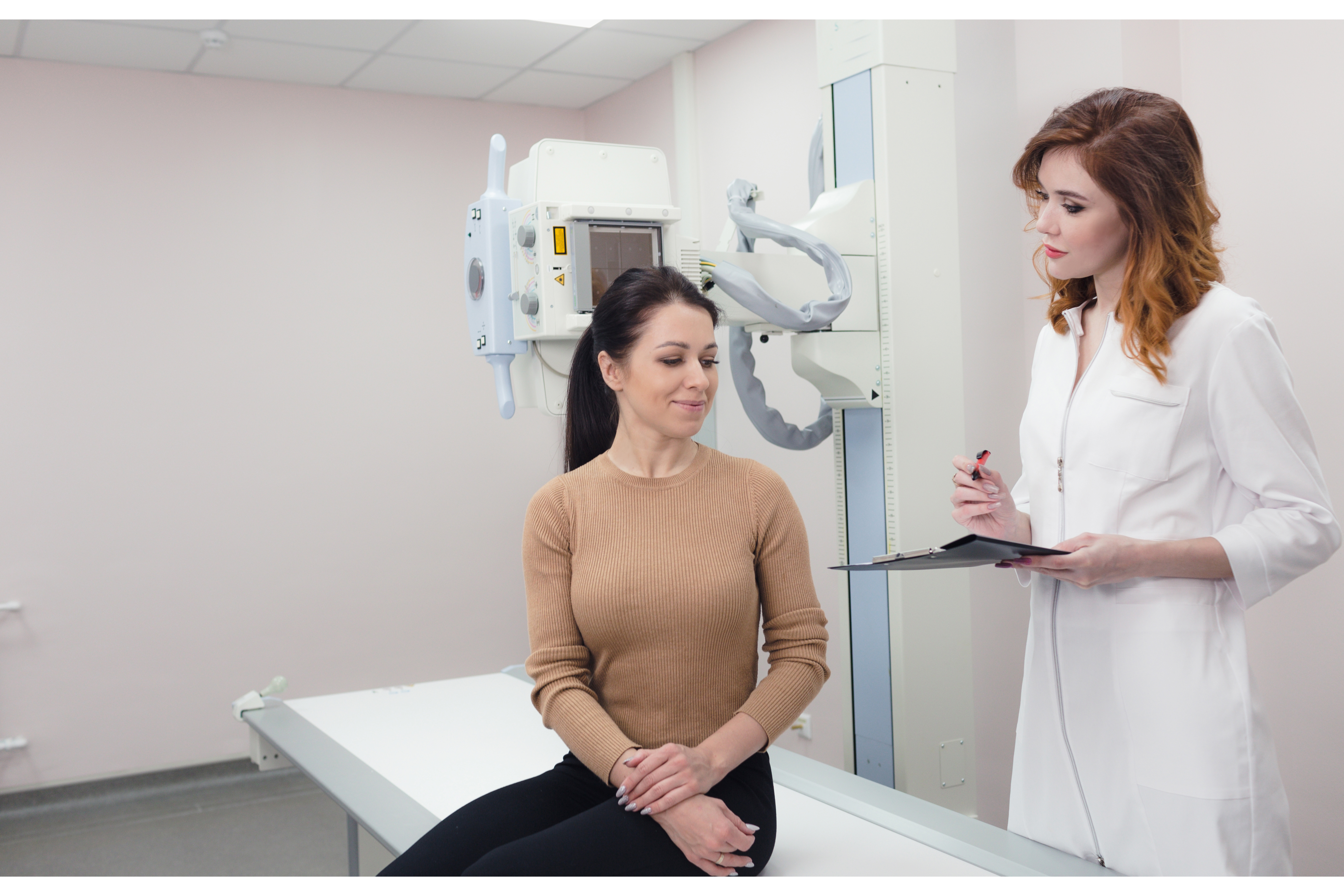The field of oncology has witnessed revolutionary changes with the advent of advanced radiology techniques. Radiology, the science of using medical imaging to diagnose and treat diseases within the body, plays a pivotal role in cancer care. This article delves into the transformative impact of radiology in cancer diagnosis, staging, and treatment planning, highlighting the significance of technologies like radiomics, molecular imaging, and functional imaging.
Radiomics: A New Frontier in Cancer Diagnosis
Radiomics is an emerging field that converts medical images into high-dimensional data, offering a new perspective in cancer diagnosis. This technique involves the extraction of large amounts of quantitative features from radiographic images, enabling oncologists to discern subtle patterns that are not visible to the naked eye. Radiomics has the potential to provide a more comprehensive understanding of tumor behavior and characteristics, leading to more accurate diagnoses.
Molecular Imaging: Unveiling the Microscopic World
Molecular imaging stands at the forefront of personalized cancer care. Unlike traditional imaging methods that primarily reveal the anatomical structure, molecular imaging focuses on the biological processes at the molecular and cellular levels. This approach allows for the early detection of cancer, monitoring of disease progression, and assessment of treatment efficacy. It offers a more detailed view of the cancerous activity, empowering clinicians with precise information for decision-making.
Functional Imaging: Assessing Cancer Dynamics
Functional imaging is another crucial aspect of radiology in oncology. It includes techniques like PET and MRI scans that not only show the physical structure of tumors but also provide insights into their functionality and metabolism. By evaluating how tumors function in real time, functional imaging aids in determining the aggressiveness of cancer, shaping targeted treatment strategies.

Implications for Treatment Planning
The integration of these advanced radiological techniques into oncology has significantly enhanced treatment planning. Oncologists can now tailor treatments based on detailed insights provided by radiomics, molecular, and functional imaging. This personalized approach not only improves the effectiveness of treatments but also minimizes potential side effects, leading to better patient outcomes.
The Future of Radiology in Cancer Care
The future of radiology in oncology is marked by continuous innovation. As research advances, these imaging techniques are becoming more sophisticated, offering even deeper insights into cancer biology. The potential of radiology to transform cancer care is immense, promising more precise, personalized, and effective treatments for patients worldwide.
Conclusion
Radiology’s integration into oncology is a testament to the incredible strides being made in cancer care. The advanced imaging techniques of radiomics, molecular imaging, and functional imaging are not just tools for diagnosis and staging; they are catalysts for a new era in personalized cancer treatment. As we continue to explore and develop these technologies, the horizon of cancer care broadens, offering hope and improved quality of life for cancer patients across the globe.


